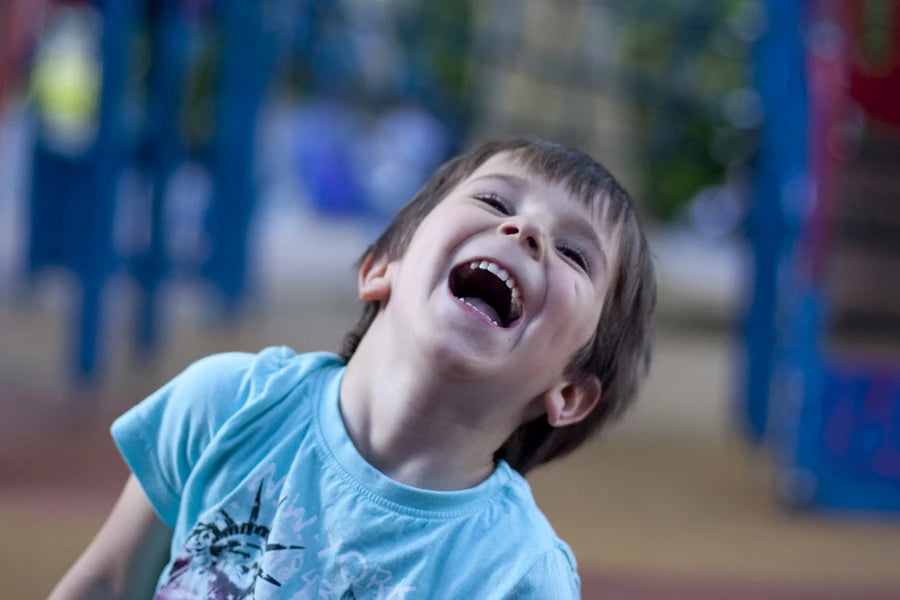
Is Gut Microbiome a New Biomarker for PTSD Susceptibility?
By Christopher Bergland
10/17/2017
Source Article: https://www.psychologytoday.com/blog/the-athletes-way/201710/is-gut-microbiome-new-biomarker-ptsd-susceptibility
In recent months, there has been a groundswell of human studies linking both positive and negative psychological conditions with specific gut microbiome compositions. This week, a new study by an international team of researchers reports that a trio of gut bacteria strains may hold clues about who is at risk of developing post-traumatic stress disorder (PTSD) after he or she experiences a traumatic event. These findings were published in the October 2017 issue of Psychosomatic Medicine.
Each of us has trillions of microorganisms and a unique profile of gut bacteria composition—commonly referred to as "gut microbiome" or "gut microbiota"—residing in our gastrointestinal tract at any given time. There is growing evidence that specific combinations of gut microbiome colonies play a mysterious yet significant role in many aspects of our mental health, ranging from psychological resilience and mental toughnessto neuropsychiatric disorders such as PTSD.
What Factors Make Someone Susceptible to PTSD?
Not every person who is exposed to life-threatening trauma develops PTSD. Previous research has identified that a combination of genetic makeup and environmental conditions—such as exposure to childhood abuse or neglect—play a role in determining an individual's susceptibility to PTSD. Based on their latest findings, this international consortium of researchers believes that someday gut microbiome composition may be added to the list of biomarkers used to identify PTSD susceptibility.
In their recent analysis of gut microbiome profiles and post-traumatic stress disorders, the researchers found that individuals with PTSD had significantly lower levels of three gut bacteria (Actinobacteria, Lentisphaerae, and Verrucomicrobia) when compared to a control group of trauma-exposed (TE) individuals who did not develop PTSD.

Notably, most individuals who have suffered significant childhood abuse or neglect also display lower levels of two of these bacteria (Actinobacteria and Verrucomicrobia) regardless of whether or not they were exposed to significant trauma in adulthood.
In a statement, lead researcher, Stefanie Malan-Müller, of Stellenbosch University summed up the main takeaway of her team’s research, "Our study compared the gut microbiomes of individuals with PTSD to that of people who also experienced significant trauma, but did not develop PTSD (trauma-exposed controls). We identified a combination of three bacteria (Actinobacteria, Lentisphaerae and Verrucomicrobia) that were different in people with PTSD. What makes this finding interesting, is that individuals who experience childhood trauma are at higher risk of developing PTSD later in life, and these changes in the gut microbiome possibly occurred early in life in response to childhood trauma."
When someone suffers from chronic stress, his or her gut microbiome communities become discombobulated and behave erratically, according to an August 2017 study by researchers at Oregon State University. On the flip side, the OSU researchers found that when someone isn't constantly stressed out or suffering from an anxiety disorder, his or her gut microbiome communities generally work together harmoniously in a predictable and symbiotic manner.
Psychological distress can change the composition of human gut microbiome colonies. Stress hormones influence bacterial growth and can trigger a domino effect that disrupts the integrity of the GI tract and causes systemic inflammation. Along this same line, a growing body of evidence has identified a correlation between inflammation and a myriad of psychiatric disorders.
Previous research has identified a higher incidence of systemic inflammation and altered immune regulation in individuals with PTSD. One of the known functions of gut bacteria is immune system regulation. Based on these factors, Malan-Müller et al. speculate that gut microbiome may play a role in a chain reaction that involves inflammation and immune response.
In this study's abstract, the authors note, “Inadequate immunoregulation and elevated inflammation may be risk factors for posttraumatic stress disorder (PTSD), and microbial inputs are important determinants of immunoregulation; however, the association between the gut microbiota and PTSD is unknown.”
As Malan-Müller explains, "Changes in immune regulation and increased inflammation also impact the brain, brain functioning and behavior. Levels of inflammatory markers measured in individuals shortly after a traumatic event, was shown to predict later development of PTSD. We therefore hypothesize that the low levels of those three bacteria may have resulted in immune dysregulation and heightened levels of inflammation in individuals with PTSD, which may have contributed to their disease symptoms,"
There is one important caveat about these findings: Correlation does not mean causation. The researchers could only identify a correlation between gut microbiome composition and PTSD susceptible. They were unable to determine causation. Therefore, it remains unknown if having a deficit of this trio of gut bacteria (Actinobacteria, Lentisphaerae and Verrucomicrobia) causes PTSD susceptibility or whether changes in gut microbiome are a consequence of suffering from PTSD. More research is needed to answer this chicken-or-the-egg question...
Leave a comment
Also in ADHD Natural News

The ADHD Overdiagnosis Epidemic Is a Schooling Problem, Not a Child One



